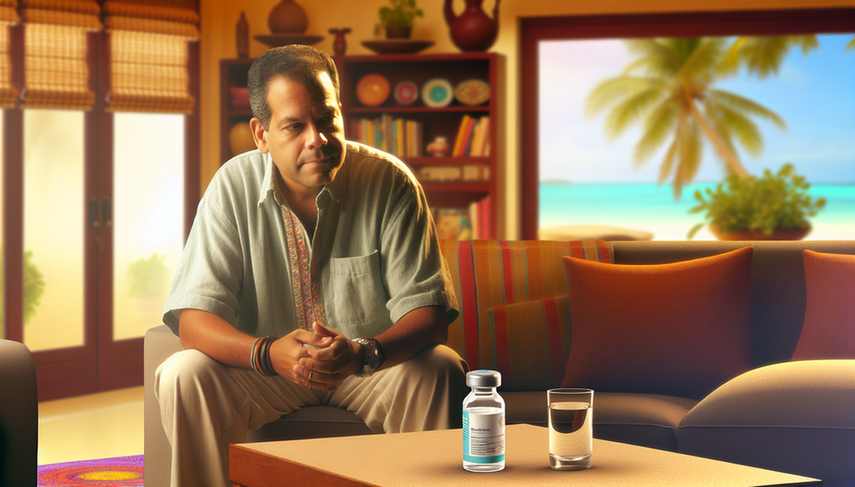Colchicine in Acute Gout: Managing Gastrointestinal Toxicity and Diarrhea with Loading Dose Adjustments

Colchicine has been a cornerstone in the treatment of acute gout for decades. However, its use is not without complications, particularly concerning gastrointestinal toxicity. This article explores the gastrointestinal side effects of colchicine and how to adjust its use during an acute gout attack to maximize efficacy while minimizing risks, including diarrhea.
Diving into Gastrointestinal Side Effects
Colchicine is well-known for its effectiveness in treating acute gout, but it is also recognized for its gastrointestinal side effects, which include diarrhea, nausea, and vomiting. These effects are particularly prevalent when high loading doses are used, as documented in several studies [1]. Diarrhea is the most common adverse effect, and its occurrence is nearly universal among patients treated with high doses of colchicine [2].
The mechanism of action of colchicine, which interferes with microtubule formation, is also the cause of its toxicity. The rapid absorption and short initial plasma half-life of colchicine have led to dosing regimens that can result in significant gastrointestinal toxicity [3]. Therefore, it is crucial to adjust the dose in patients with renal or hepatic insufficiency to avoid serious complications [4].
Conclusions and Recommendations
Colchicine remains a valuable option for treating acute gout, especially when NSAIDs or corticosteroids are contraindicated. However, its use must be carefully monitored to minimize gastrointestinal toxicity. It is recommended to start with lower doses and adjust according to patient tolerance, particularly in those at risk for renal or hepatic insufficiency. Additionally, educating patients about potential side effects and the importance of adhering to prescribed doses is essential for the successful management of acute gout.
Referencias
- [1] Colchicine for acute gout.
- [2] The inflammatory process of gout and its treatment.
- [3] Optimisation of the treatment of acute gout.
- [4] Probable colchicine-induced neutropenia not related to intentional overdose.
Created 6/1/2025
